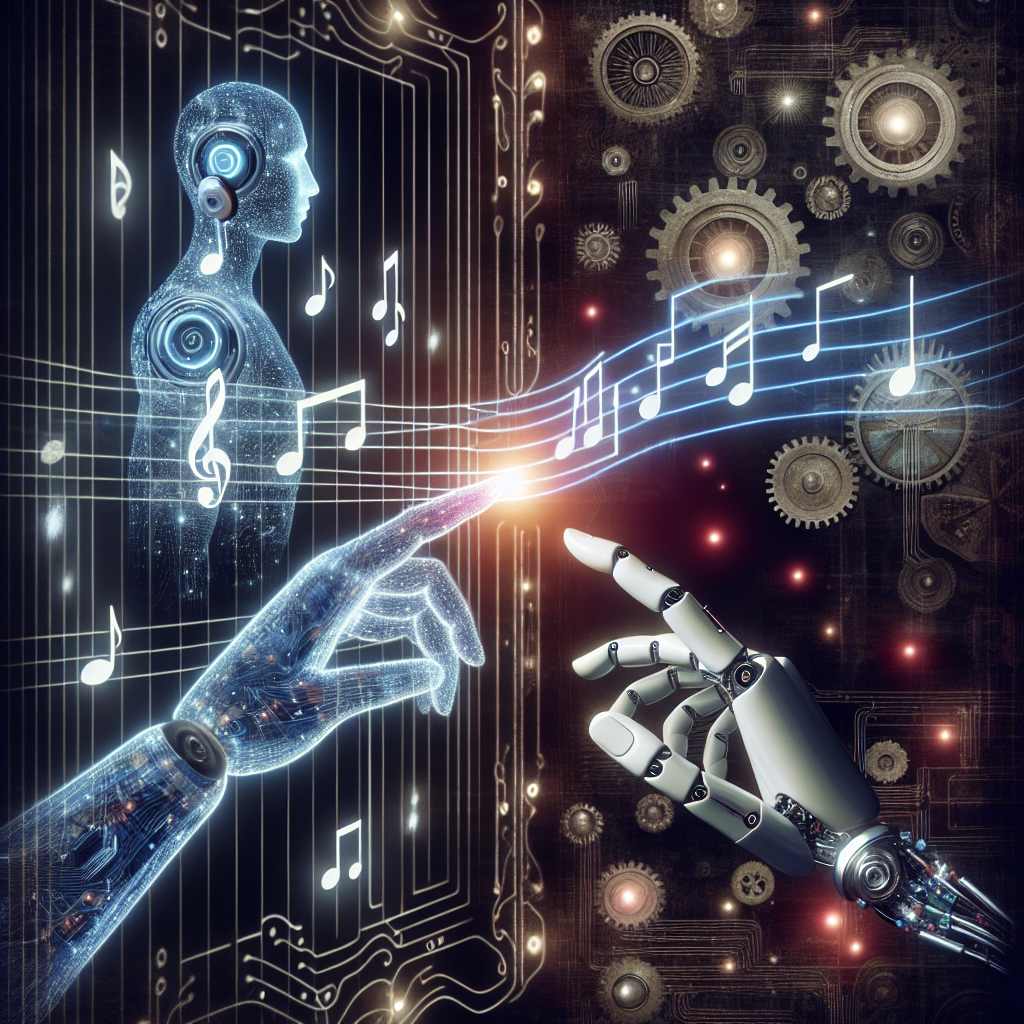Music therapy has long been recognized as a powerful tool for promoting healing, relaxation, and emotional well-being. Through the use of music, licensed music therapists help individuals address physical, emotional, cognitive, and social needs. However, the field of music therapy is now experiencing a significant transformation thanks to the integration of artificial intelligence (AI) technology.
AI is rapidly changing the landscape of many industries, and music therapy is no exception. With the help of AI, music therapists can now enhance their practices, improve patient outcomes, and reach a wider audience. In this article, we will explore the impact of AI on music therapy practices and how this innovative technology is revolutionizing the field.
How AI is Transforming Music Therapy Practices
AI is revolutionizing music therapy practices in a number of ways, including:
– Personalized Treatment Plans: AI algorithms can analyze a patient’s individual needs, preferences, and responses to music therapy interventions. This allows music therapists to create personalized treatment plans that are tailored to each patient’s specific needs, maximizing the effectiveness of the therapy.
– Improved Therapeutic Outcomes: AI technology can track and analyze patient progress in real-time, allowing music therapists to make adjustments to their treatment plans as needed. This can lead to improved therapeutic outcomes and faster recovery times for patients.
– Accessibility: AI-powered music therapy tools can be accessed remotely, allowing patients to receive therapy from the comfort of their own homes. This increases accessibility to music therapy services for individuals who may not have access to traditional in-person therapy sessions.
– Enhanced Collaboration: AI technology can facilitate collaboration between music therapists, healthcare providers, and researchers. By sharing data and insights, professionals in the field can work together to improve the quality of care and advance the field of music therapy.
– Innovation: AI is driving innovation in music therapy practices, leading to the development of new tools and techniques that can enhance the therapeutic experience for patients. From virtual reality music therapy experiences to AI-powered music composition tools, the possibilities for innovation in music therapy are endless.
FAQs
Q: How is AI being used in music therapy sessions?
A: AI is being used in music therapy sessions in a variety of ways, including analyzing patient data, creating personalized treatment plans, tracking patient progress, and facilitating remote therapy sessions.
Q: Can AI replace human music therapists?
A: While AI technology can enhance music therapy practices, it cannot replace the human touch and empathy that music therapists bring to their sessions. AI can support and augment the work of music therapists, but human therapists will always be an essential part of the therapy process.
Q: Is AI technology safe to use in music therapy?
A: AI technology used in music therapy is subject to the same safety and privacy regulations as any other healthcare technology. Music therapists must ensure that the AI tools they use are secure, compliant with regulations, and protect patient data.
Q: How can I access AI-powered music therapy services?
A: AI-powered music therapy services can be accessed through licensed music therapists who have integrated AI technology into their practices. Patients can inquire about AI-powered therapy options when seeking music therapy services.
In conclusion, AI is having a profound impact on music therapy practices, revolutionizing the way therapists interact with patients, create treatment plans, and track progress. As AI technology continues to advance, the possibilities for innovation in music therapy are endless. By integrating AI into their practices, music therapists can enhance the quality of care they provide, improve patient outcomes, and reach a wider audience. The future of music therapy is bright, thanks to the power of AI.

